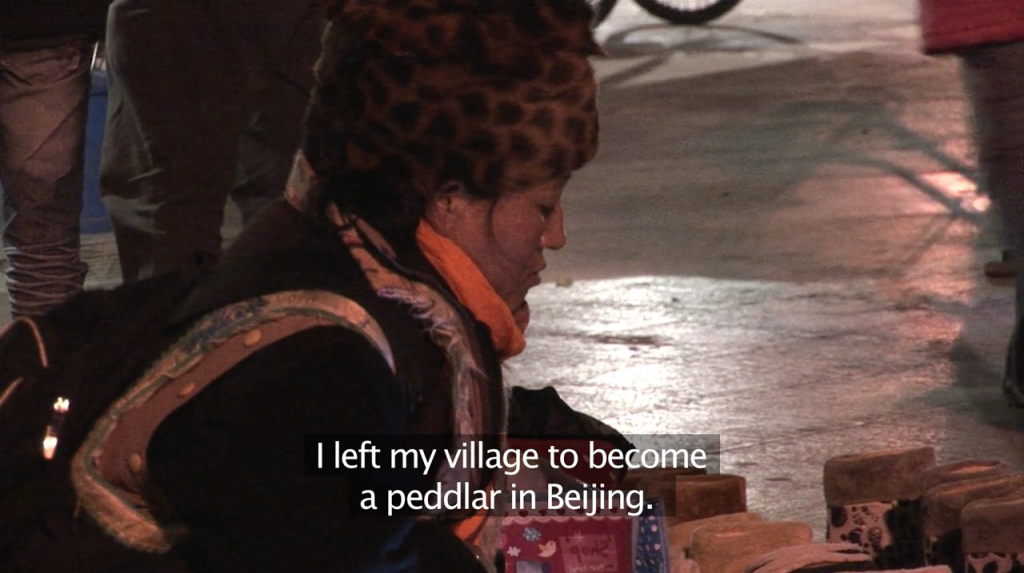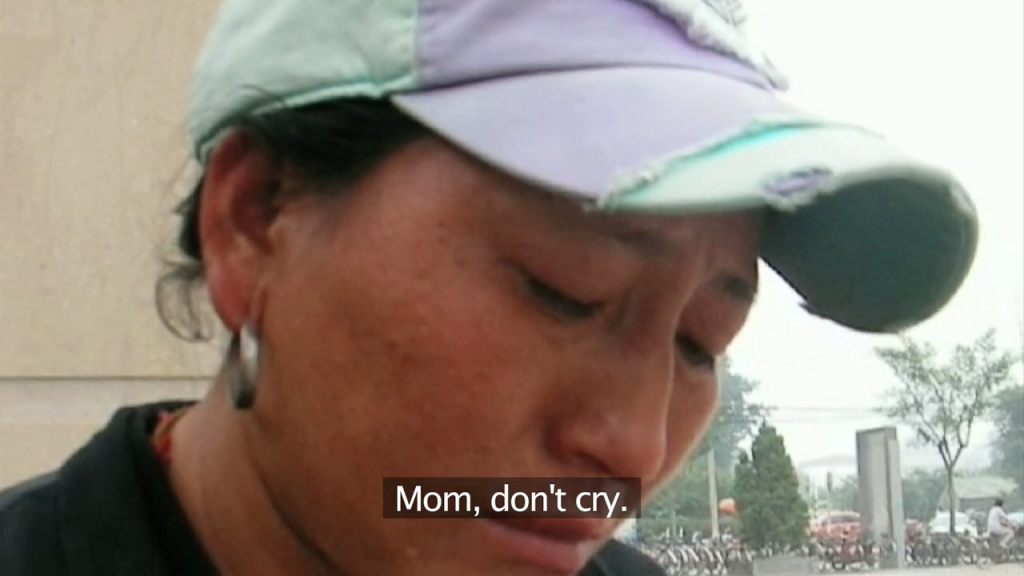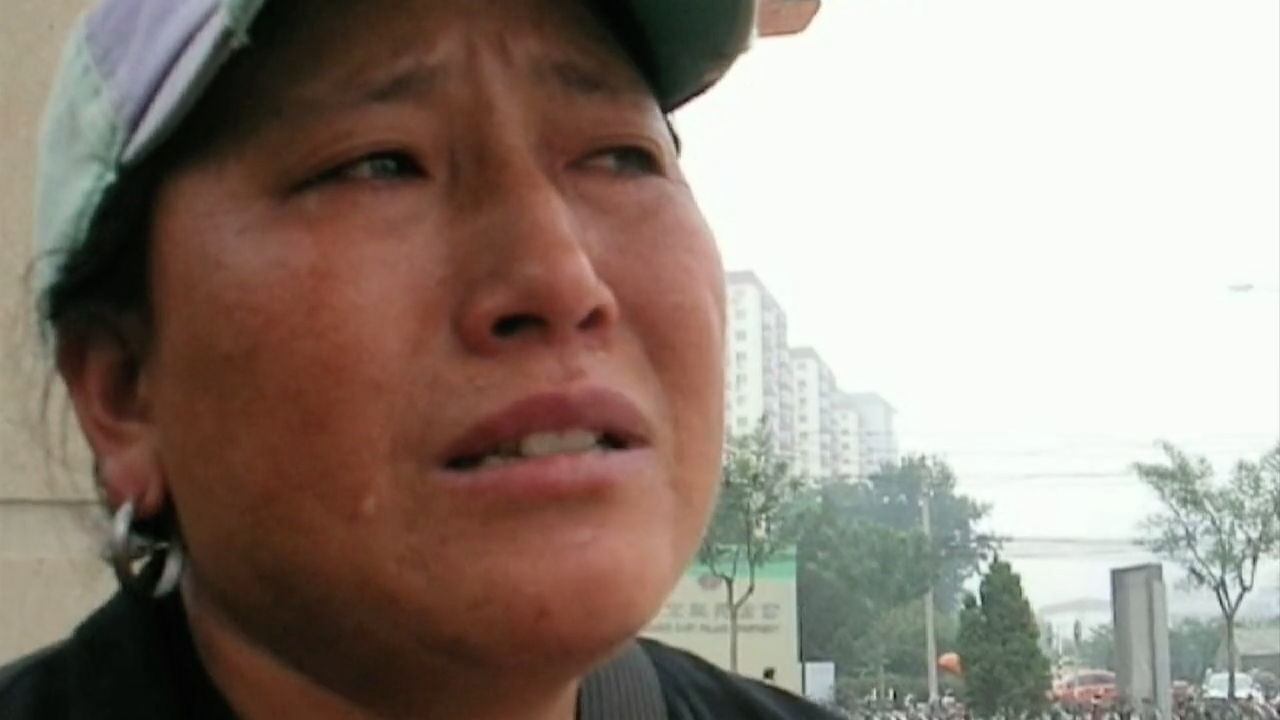Zanta peddles her wares and jewellery in a busy night market in Beijing, but as the Tibetan widow, weary and tired from endless hours of trying to earn money on the streets, looks for rooms for her and her seven-year-old son to rest, she’s promptly turned away by a Chinese landlord.
“They said Tibetans can’t rent it. Go look somewhere else,” she claims to the camera.
Remorse is found wanting in this short clip from the trailer of new documentary Nowhere To Call Home, the first full-length film by Beijing-based radio correspondent and American film-maker, Jocelyn Ford.


Widowed at 28, Zanta, a farmer, defies her tyrannical father-in-law and refuses to marry his only surviving son, who is in prison for armed robbery. When Zanta’s in-laws forbid her seven-year-old son, Yang Qing, to go to school, she flees to Beijing to sell her wares. Destitute and embattled by ethnic discrimination, she meets a foreigner willing to pay her son’s school fees. When the three travel back to Zanta’s village for the New Year holiday, Zanta’s father-in-law takes her son hostage. The American journalist faces a tough decision: Does she intervene in the violent family dispute, or watch in silence as Zanta and Yang Qing face abuse typically borne by Tibetan widows and their children.
‘If I had known Zanta would have such a difficult life, I would have killed her at birth.’Zanta’s mother, in a clip from new documentary, Nowhere To Call Home
Ford has spent most of her 30-year career giving a voice to marginalised groups and championing the freedom of the press in East Asia. With her documentary, Ford’s Nowhere To Call Home tells not just the discrimination Tibetans face by Han Chinese from Zanta’s perspective, but reveals a dark side and equally terrifying level of bigotry in Tibet’s villages – where women like Zanta “aren’t worth a penny”.

